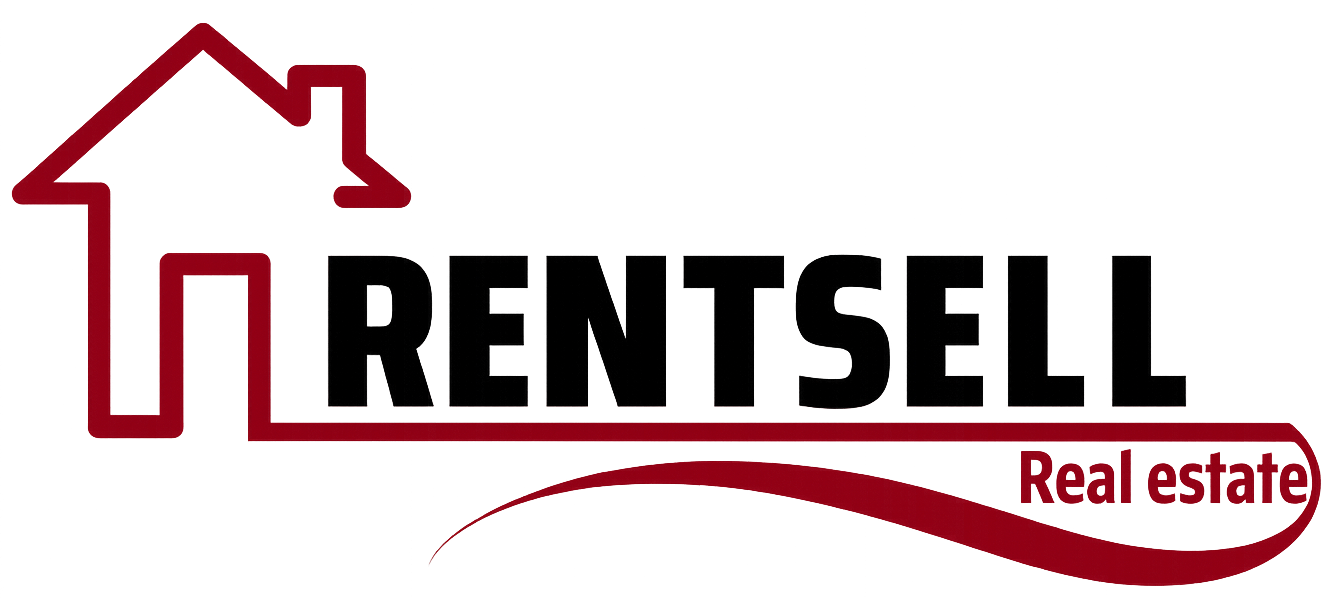Why We Love Real Estate: The Passion Behind Property Investment
Real estate has long been a favorite among investors, homeowners, and entrepreneurs alike. Its enduring appeal lies in a unique blend of financial potential, emotional satisfaction, and community impact. But what exactly makes us love real estate so much? In this blog, we’ll explore the key reasons behind this passion and why real estate remains a top choice for many.
1. Wealth Building and Financial Security
One of the primary reasons people love real estate is its potential for wealth creation. Unlike other investment options, real estate offers the opportunity for appreciation over time. Property values tend to increase, allowing investors to build equity and generate substantial returns. Additionally, rental properties can provide a steady stream of passive income, making real estate a reliable source of financial security.
2. Tangible Asset with Lasting Value
Real estate is a physical, tangible asset—a home or commercial property—that provides a sense of stability and permanence. Unlike stocks or cryptocurrencies, real estate can be seen and touched, offering peace of mind to investors. This tangibility makes real estate a trusted investment, especially during economic downturns when other assets may falter.
3. Emotional Connection and Personal Fulfillment
Homeownership is often associated with a sense of pride and emotional satisfaction. Owning a property allows individuals to create a space that reflects their personality and lifestyle. For many, buying a home signifies achievement and stability, fostering a deep emotional connection that fuels their love for real estate.
4. The Power of Leverage
Real estate offers the advantage of leverage—using borrowed capital to increase the potential return on investment. With a relatively small down payment, investors can control a valuable property, amplifying gains when property values appreciate. This strategic leverage makes real estate an attractive avenue for those looking to maximize their investment potential.
5. Opportunities for Diversification
Investing in real estate provides diversification within a broader investment portfolio. It reduces reliance on traditional assets like stocks and bonds, spreading risk across different asset classes. Real estate’s unique market cycles and income streams make it a valuable tool for balancing investment risks.
6. The Potential for Tax Benefits
Real estate investors enjoy numerous tax advantages, including deductions for mortgage interest, property taxes, depreciation, and operating expenses. These benefits can significantly enhance overall returns, making real estate an even more attractive investment.
7. Community Impact and Development
Beyond personal gains, many love real estate for its role in community development. Real estate professionals and investors often contribute to urban renewal, creating thriving neighborhoods and improving quality of life. This sense of contributing to societal growth adds a meaningful dimension to the love of real estate.
Conclusion
The love for real estate stems from a mix of financial opportunities, emotional fulfillment, and societal impact. Its potential for wealth creation, tangible nature, leverage options, and community contributions make it a compelling investment choice. Whether you’re a seasoned investor or a first-time homebuyer, understanding why we love real estate can deepen your appreciation and inspire your next move in the property market.
Start your journey today and discover why real estate remains a timeless favorite for millions worldwide!







Join The Discussion